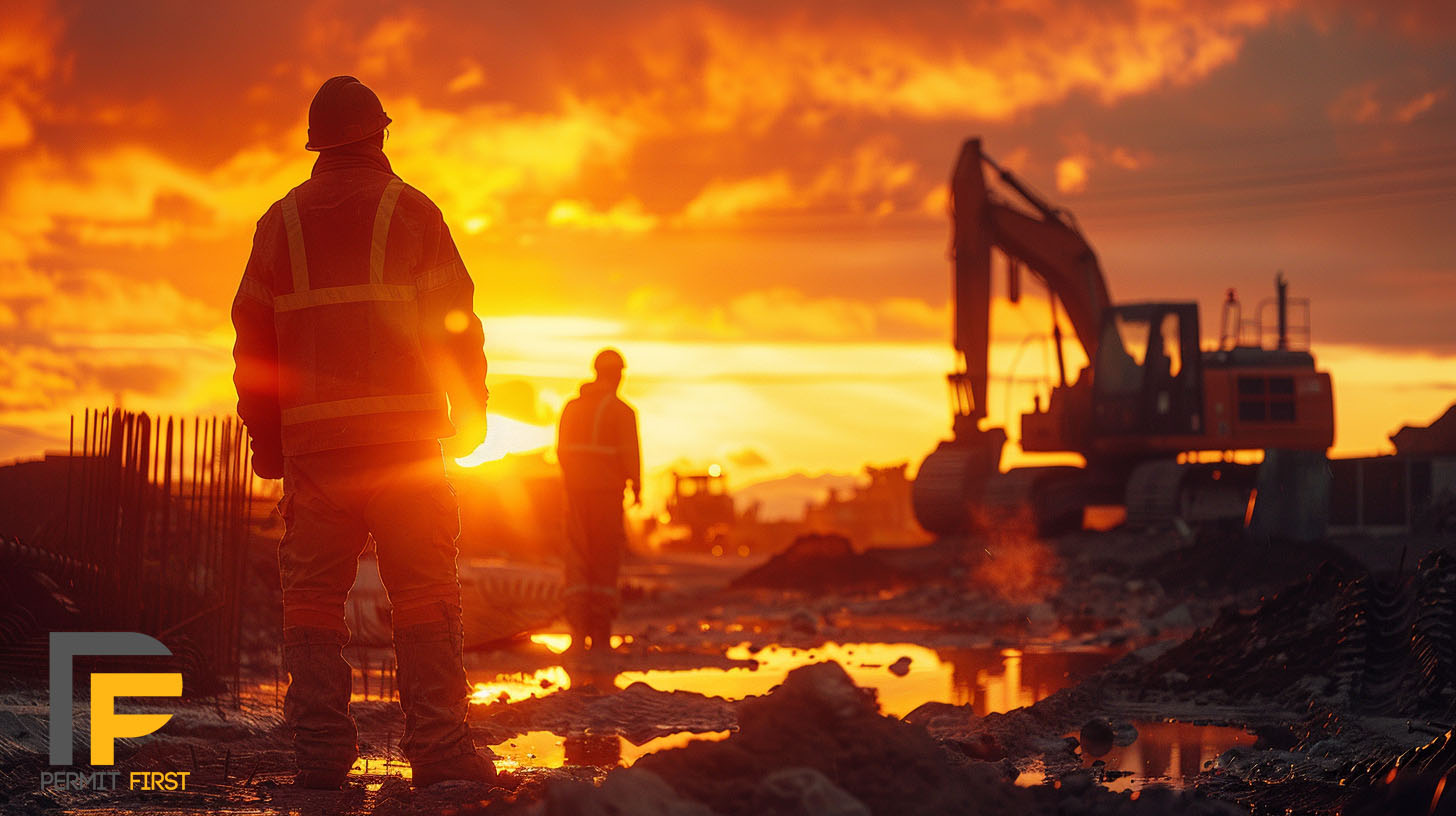- Empty cart.
- Continue Shopping
Safety Permits: The Backbone of Workplace Safety

When it comes to the construction industry, there’s an old adage that still rings true: safety is no accident. It’s a deliberate effort, a consistent practice, and above all, it’s non-negotiable. That’s where safety permits come in – they aren’t just bureaucratic paperwork; they are the blueprint for a culture of safety within the workplace.
What are Safety Permits?
Safety permits are official documents that authorize specific types of work to be conducted. From energized electrical work to confined space entry, these permits lay out the risks involved and the precautions necessary to mitigate those risks.
The Role of Safety Permits
Safety permits serve several critical functions in maintaining workplace safety:
- Risk Assessment: They require a thorough assessment of potential dangers before any work begins.
- Accountability: They designate specific responsibilities to workers and supervisors, ensuring that all safety measures are followed.
- Communication: They provide a clear channel of communication about the day’s safety procedures.
- Compliance: They ensure that operations are up to date with current safety regulations.
Safety Permits as Preventive Measures
Consider the case of confined space permits. These are required for environments not designed for continuous occupancy and that can present hazards such as poor air quality or entrapment. Without a permit system in place, workers might be unaware of the procedures to follow in an emergency, which can lead to catastrophic results.
Similarly, hot work permits are indispensable when any operation involves open flames or generates heat. The permit process ensures that flammable materials are kept at a safe distance, fire extinguishers are on hand, and only authorized personnel are present.
Economic Impact
Ignoring the importance of safety permits can have severe financial consequences. Fines for non-compliance can be steep, and the costs associated with workplace accidents can be much higher. Investing in a robust safety permit system can save organizations money in the long run by avoiding these costs.
Building a Culture of Safety
More than just a legal requirement, safety permits are a cornerstone in building a culture of safety. When workers see that their employers take safety seriously, it fosters an environment where everyone is more vigilant and committed to safe practices.
Conclusion
At Permit First, we understand that the backbone of any successful construction project is safety. That’s why we provide easy-to-use, customizable safety permits to fit the unique needs of your operation. It’s not about ticking a box — it’s about sending every worker home in the same condition they arrived. That’s the Permit First promise, and that’s why safety permits are not just important — they’re essential.
Choose safety. Choose Permit First.


